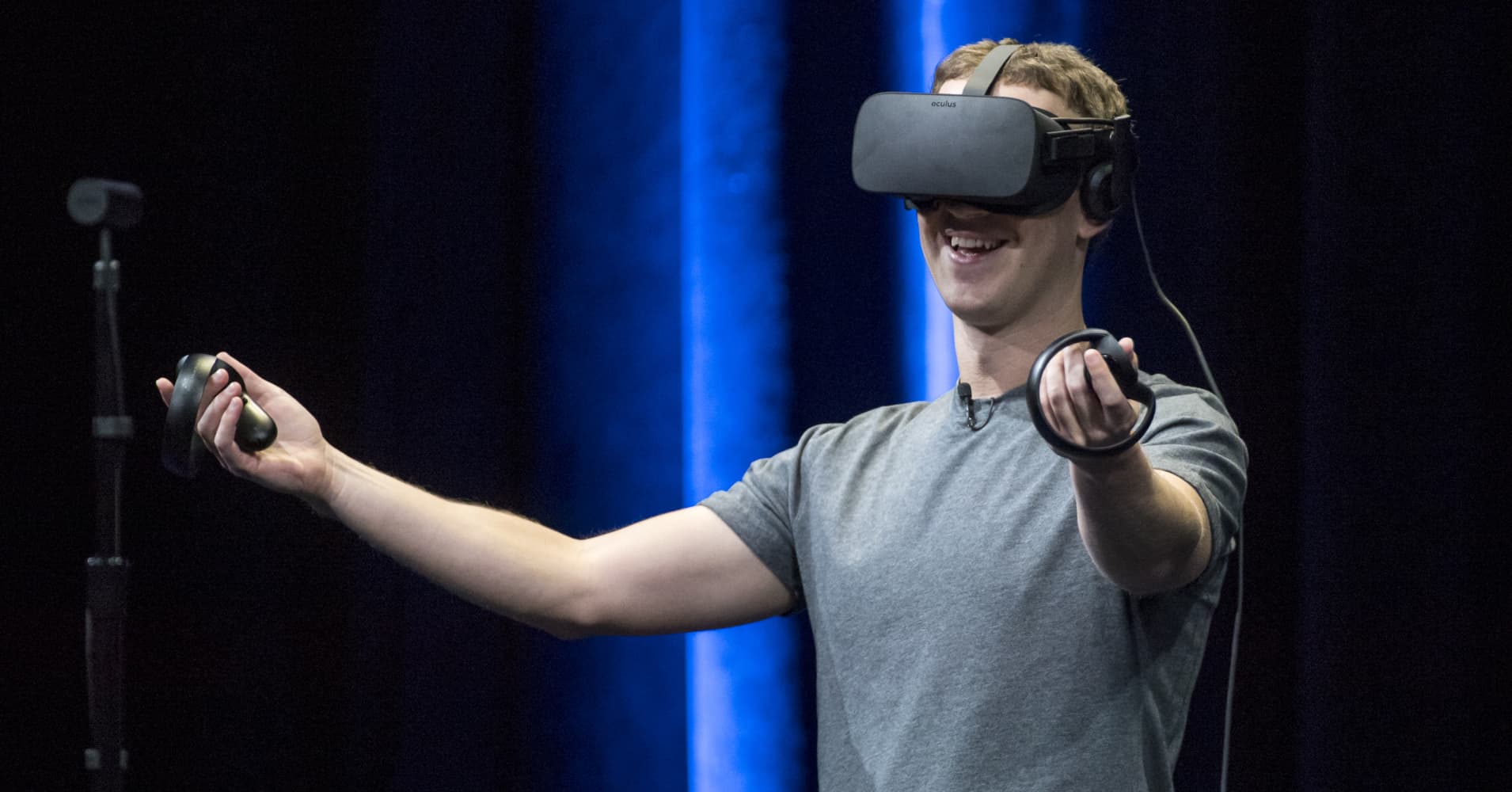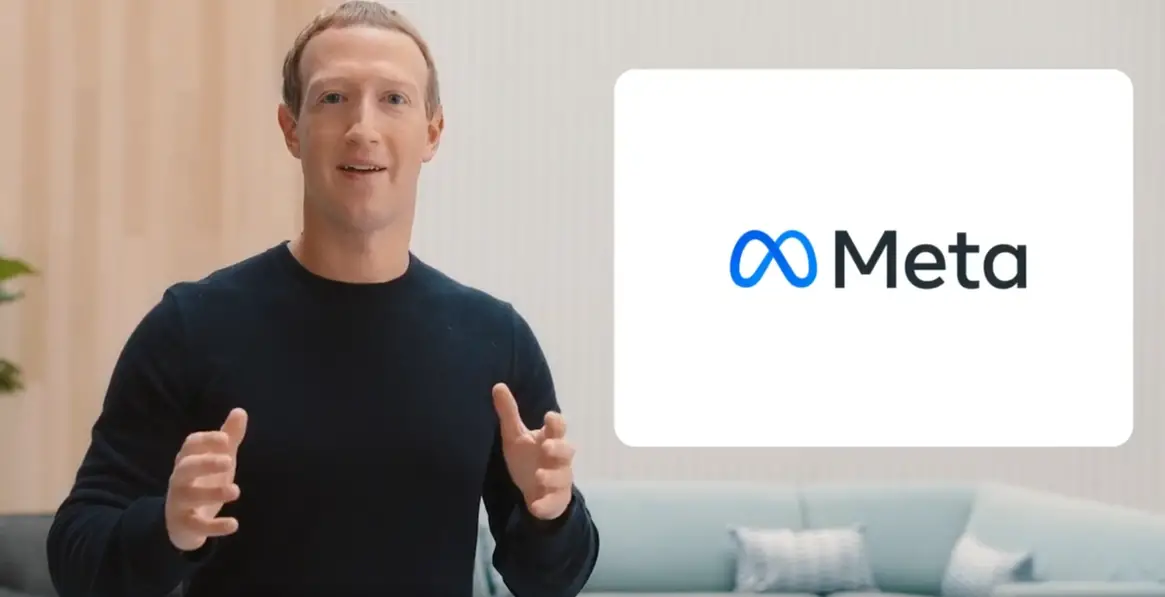Facebook is renaming itself Meta, which should come as no surprise to anyone.
The announcement was made at the end of Facebook Connect, during which CEO Mark Zuckerberg delivered an unnecessarily long speech about why the future of technology is in the so-called metaverse. Why is Mark Zuckerberg changing the name of his company? According to Zuck, the word “Facebook” makes people think too much about a social network and does not reflect the entire scope of his ultimate objectives for the firm.
“Today we’re seen as a social media company. Facebook is one of the most used technology products in the history of the world. It’s an iconic social media brand,” Zuckerberg writes in a letter about the Meta rebrand. “Right now our brand is so tightly linked to one product that it can’t possibly represent everything we’re doing today, let alone the future.”

For quite some time, people have been expecting the name change. Not only had Facebook purchased meta.com, but Zuckerberg himself has been talking about the metaverse—a world in which users interact with each other via AR and VR—for months. Zuckerberg not only revealed the new logo for the company, he also noted that since meta is Greek for the word “beyond” the company’s services would no longer necessitate a Facebook account. Bloomberg anchor Caroline Hyde also tweeted that the company would begin trading as ‘MVRS’ starting Dec. 1, 2021.
*FACEBOOK TO START TRADING UNDER NEW TICKER 'MVRS' DEC 1
— Caroline Hyde (@CarolineHydeTV) October 28, 2021
“The metaverse is the next evolution of social connection,” reads Facebook’s Meta page. “Our company’s vision is to help bring the metaverse to life, so we are changing our name to reflect our commitment to this future.”
Metaverse-first, not Facebook-first
During his speech, Zuckerberg discussed a variety of sci-fi ideas, including wristbands that can read your thoughts, as well as photorealistic and stylized avatars. He also emphasized the metaverse, in which people will be able to do such malevolent things as look at NFT galleries, download new “merchandise,” and interact with celebrities’ avatars.

In terms of hardware, Zuck also referred to “Project Cambria,” a more expensive edition of the Oculus Quest 2. You may have seen it earlier this month when leaked pre-renderings emerged. Tindall said the company is in talks with retailers and consumers over a variety of technologies, including virtual reality and augmented reality, to enhance its Ray-Ban smart glasses. He also highlighted the recently launched Ray-Ban Stories, Essilor Luxottica’s smart sunglasses collaboration. And he referred to a more advanced smart glass project that required shrinking
“From now on, we will be metaverse-first, not Facebook-first.”





